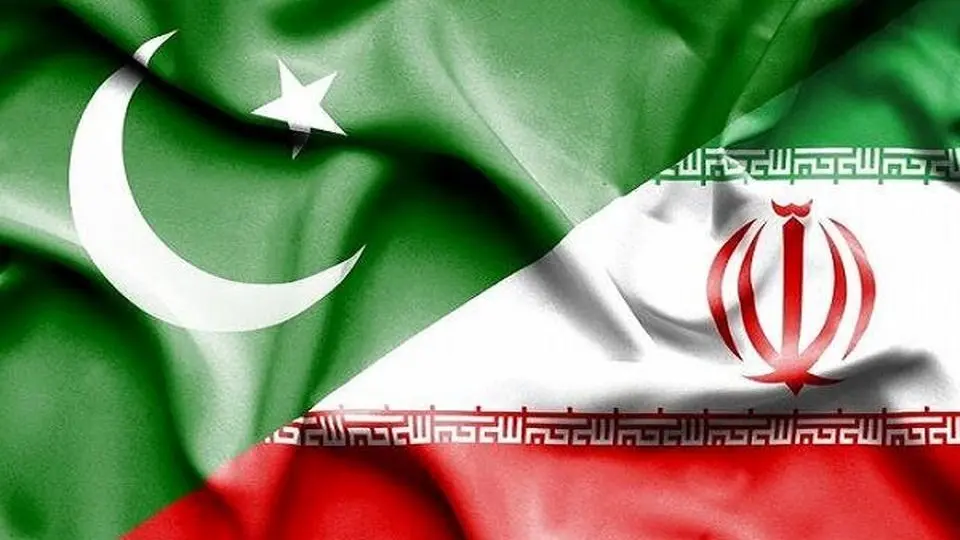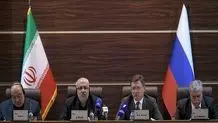Pakistan takes steps to facilitate Iran oil, gas imports
Pakistan has decided to facilitate the imports of crude oil and gas condensate from Iran, a list of commercial goods prepared by Pakistani Ministry of Commerce shows.

MEHR: Pakistan has decided to facilitate the imports of crude oil and gas condensate from Iran, a list of commercial goods prepared by Pakistani Ministry of Commerce shows.
The Ministry of Commerce of Pakistan in an official statement announced that the legal regulations for monitoring the progress of the clearing mechanism between Pakistan and the three countries of Iran, Russia and Afghanistan have been prepared.
According to the Ministry of Commerce of Pakistan, Islamabad will use a barter mechanism in its relations and will not use any currency to pay for the imported goods from those three countries.
The announcement takes place only two weeks after the meeting of the Pakistani prime minister and Iranian president at the common border point for the official opening of a shared border market.
One day after meeting with the Iranian president, Pakistani Prime Minister Shehbaz Sharif said that the priority will now be to accelerate the finalization of the free trade agreement with Iran
The Ministry of Commerce of Pakistan announced that the imports of citrus fruits, nuts, spices, minerals, metals, petroleum products including crude oil and gas condensate (LPG-LNG), chemical products, plastic and steel from Iran will be faciliated.
Under the clearing mechanism, goods imported from Pakistan to Iran include, dairy products, grains, protein materials, citrus fruits, summer foods, confectionery items, cosmetics, health products, wooden items, textile goods, clothes, aluminum, household appliances, electronic equipment (except motorcycles and tractors), surgical instruments and Sports equipment.
Economic observers in Pakistan welcomed the new policy of the Ministry of Commerce in order to facilitate imports and exports with Iran in accordance with the clearing mechanism, and believed that with that method, dependence on the dollar in bilateral trade will be reduced and informal trade and smuggling activities will be prevented.




